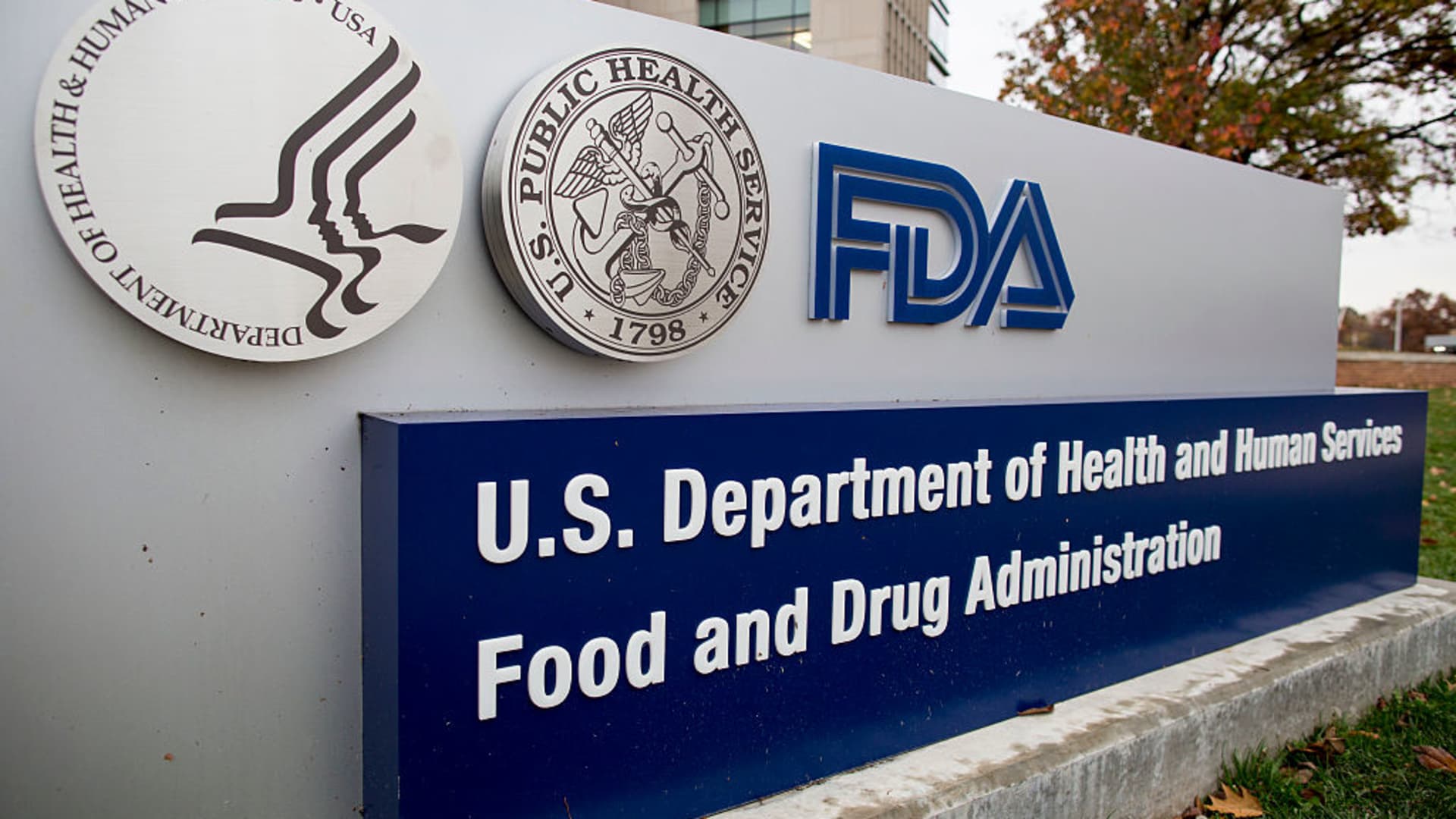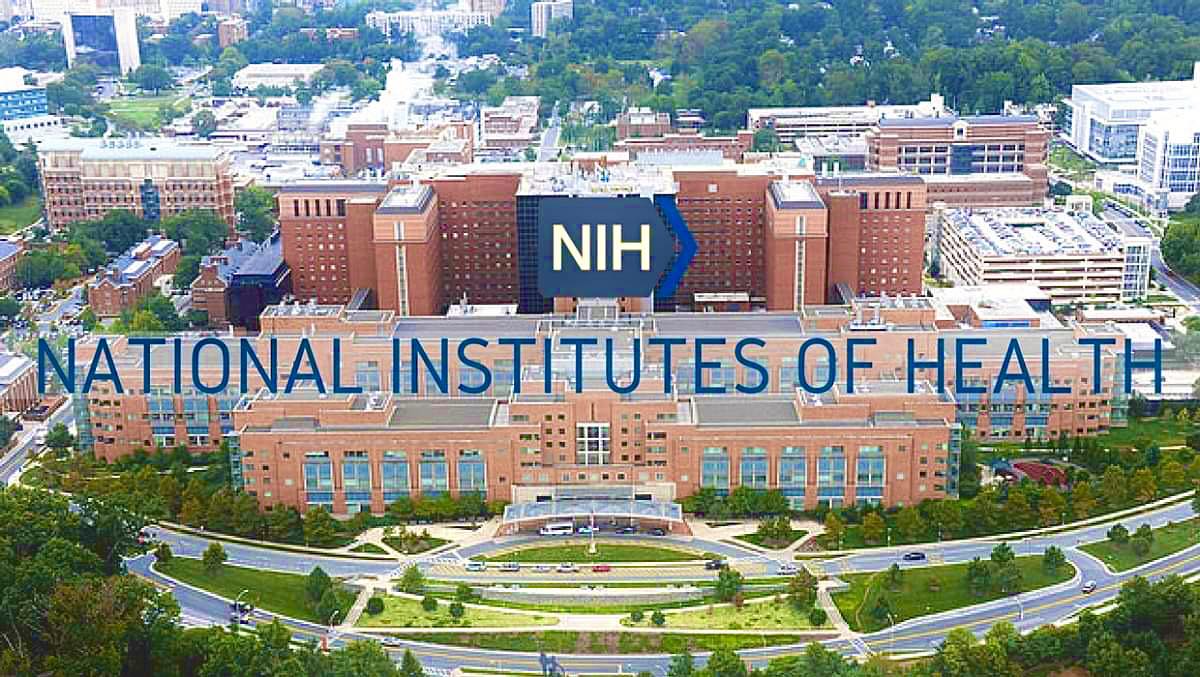In a move that promises to reshape the future of public health in the United States, President Joe Biden has announced his intention to appoint Mandy Cohen as the next director of the Centers for Disease Control and Prevention (CDC). Cohen, an esteemed internist, public health official, and healthcare executive, brings a wealth of experience and a track record of success to this pivotal role. With her exceptional leadership skills, Cohen is poised to steer the CDC through complex challenges and foster a culture of innovation and collaboration.
Early Life and Education: A Foundation for Success
Born to Marshall and Susan Krauthamer, Mandy Cohen grew up on the south shore of Long Island, New York, in the Baldwin hamlet of Hempstead. Her mother, a hospital nurse practitioner in emergency medicine, and her father, a junior high guidance counselor, instilled in her a deep sense of compassion and a drive to make a difference in the world.
Cohen’s academic journey laid the groundwork for her illustrious career. She earned a bachelor’s degree in policy analysis and management from Cornell University, a medical degree from the Yale School of Medicine, and a graduate degree in public health from the prestigious Harvard T.H. Chan School of Public Health. Cohen’s exceptional training and diverse educational background equipped her with a unique blend of medical expertise, policy acumen, and a deep understanding of public health challenges.
A Trailblazer in Healthcare Leadership
Cohen’s remarkable career trajectory is marked by key leadership roles and numerous accolades. From 2017 to 2021, she served as the Health Secretary of the North Carolina Department of Health and Human Services (NCDHHS), where she successfully navigated the state through critical health crises, including the opioid epidemic and the COVID-19 pandemic. Her innovative approaches and effective management earned her recognition as one of the Top 25 Women Leaders in Healthcare by Modern Healthcare in 2019.
During her tenure as Health Secretary, Cohen spearheaded groundbreaking initiatives such as Healthy Opportunities, which aimed to improve public health outcomes by addressing social determinants of health. She also led the implementation of the Opioid Action Plan, resulting in a significant reduction in overdose deaths in North Carolina. Cohen’s visionary leadership and ability to bridge political divides have positioned her as a role model for healthcare leaders nationwide.
A Legacy of Excellence: Awards and Achievements
Cohen’s exceptional contributions to public health have garnered numerous accolades and prestigious awards. In 2020, she received the Leadership in Public Health Practice Award from Harvard University’s T.H. Chan School of Public Health, recognizing her outstanding commitment to advancing public health practice. The American Medical Association also honored Cohen with the AMA Award for Outstanding Government Service in 2022, highlighting her remarkable achievements in improving healthcare delivery and patient outcomes.
Moreover, Cohen’s election to the National Academy of Medicine in 2021 further solidifies her standing as a leading authority in the field. Her remarkable achievements and recognition speak volumes about her dedication and relentless pursuit of excellence.
The CDC’s Transformation under Cohen’s Leadership
As Mandy Cohen assumes the role of CDC Director, she brings her transformative leadership style and unwavering commitment to public health. Cohen’s ability to effectively communicate complex health information and engage diverse stakeholders positions her as a catalyst for change. She has the potential to invigorate the CDC, foster a culture of innovation, and enhance collaboration across federal agencies, state and local governments, and private sector partners.
Cohen’s experience in navigating public health crises, such as the COVID-19 pandemic, has equipped her with the resilience and strategic acumen necessary to guide the CDC through the ongoing challenges of the COVID-19 pandemic and any future public health emergencies. Under Cohen’s leadership, the CDC is expected to prioritize evidence-based decision-making, data transparency, and effective communication to the public.
Cohen has emphasized the importance of addressing health disparities and promoting health equity. She recognizes that certain communities, particularly marginalized populations, have been disproportionately affected by health crises. By implementing targeted strategies and interventions, she aims to reduce these disparities and ensure that everyone has equal access to quality healthcare and preventive measures.
In addition to her focus on equity, Cohen is a strong advocate for global health cooperation. She understands the interconnectedness of public health issues across borders and the need for international collaboration to address emerging infectious diseases and other global health challenges. Cohen’s experience and expertise will enable her to foster partnerships with international organizations and work collaboratively with other countries to strengthen global health security.
Furthermore, Cohen is expected to prioritize scientific integrity and the use of rigorous evidence in shaping public health policies and guidelines. She recognizes the importance of relying on the expertise of scientists and researchers to inform decision-making processes, ensuring that the CDC’s recommendations are grounded in the best available evidence.
Overall, Mandy Cohen’s appointment as the CDC Director marks a significant turning point for the agency. Her visionary leadership, extensive experience in public health, and dedication to health equity position her as a resolute leader poised to transform the CDC into a more agile, proactive, and effective institution. With Cohen at the helm, the CDC is expected to regain public trust, strengthen partnerships, and play a pivotal role in safeguarding the health and well-being of the nation and the world.
Subscribe
to get our
LATEST NEWS
Related Posts

Regulatory Affairs
Navigating the Depths of Drug Approval: The FDA’s Crucial Role in Clinical Trials
In the realm of pharmaceuticals, ensuring the safety and efficacy of drugs is paramount.

Regulatory Affairs
Decoding Drug Prices: Unraveling the Intricate Puzzle of Pharmaceutical Pricing
Only by untangling the web of pharmaceutical pricing can we pave the way for a more affordable and equitable healthcare system.
Read More Articles
Myosin’s Molecular Toggle: How Dimerization of the Globular Tail Domain Controls the Motor Function of Myo5a
Myo5a exists in either an inhibited, triangulated rest or an extended, motile activation, each conformation dictated by the interplay between the GTD and its surroundings.













